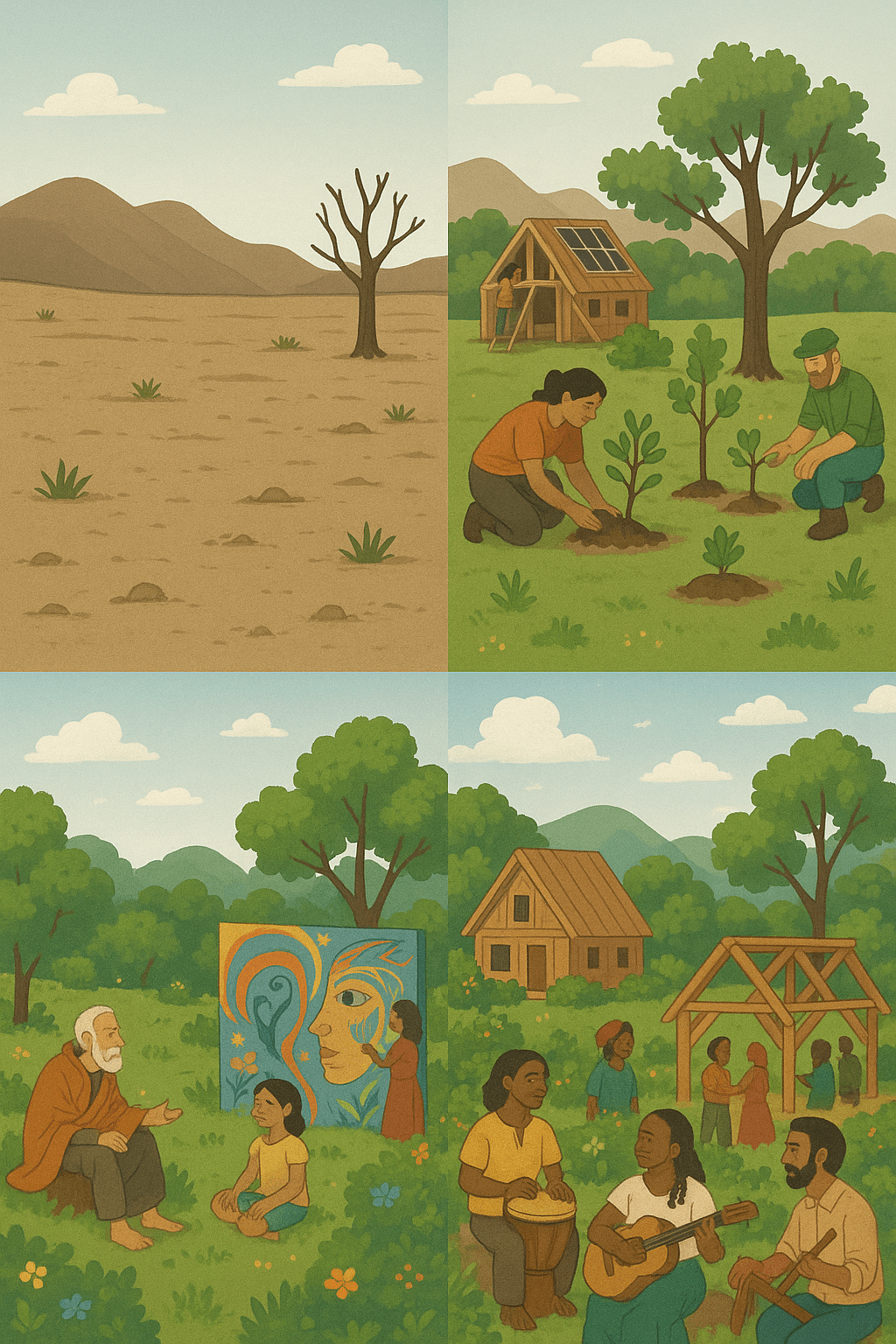People as the Architects of Their Own Culture

Culture does not make people. People make culture. — Chimamanda Ngozi Adichie
—What lingers after this line?
One-minute reflection
What feeling does this quote bring up for you?
Unpacking Adichie’s Perspective
Chimamanda Ngozi Adichie’s declaration flips the traditional understanding of culture on its head, emphasizing human agency over structural determinism. By stating, 'Culture does not make people. People make culture,' she prompts us to reconsider how customs, beliefs, and values evolve—not as immutable given facts, but as ongoing creations of individuals and communities.
Historical Evolution of Culture
To flesh out this idea, it is helpful to look at history, where societies consistently reshape their own traditions. The Renaissance, for example, saw artists and thinkers across Europe departing from medieval norms and forging new standards in art, science, and philosophy. This transformative era illuminates Adichie’s argument: people, by their choices and creativity, drive cultural change.
Culture as a Dynamic Conversation
Adichie's perspective also frames culture as a living conversation among its members. Rather than being handed down intact, customs adapt as generations question, reinterpret, or resist past practices. For example, debates over gender roles and equality in many societies show individuals actively negotiating values, thus remaking culture in real time.
Literary and Artistic Reflections
This relationship appears throughout literature and the arts, where creators influence collective identity. Chinua Achebe’s 'Things Fall Apart' (1958) illustrates how characters respond to colonial disruption, adjusting their customs in response to new realities. Likewise, modern artists leverage pop culture to challenge and redefine societal norms, further supporting Adichie’s assertion.
Empowering Agency and Social Change
In conclusion, understanding that people make culture opens the door to conscious social change. When individuals recognize their power in shaping cultural norms, movements for justice, inclusion, and reform become possible. As seen in recent decades—whether with civil rights, climate activism, or digital revolutions—collective action reimagines what culture can be, underscoring the enduring truth behind Adichie’s words.